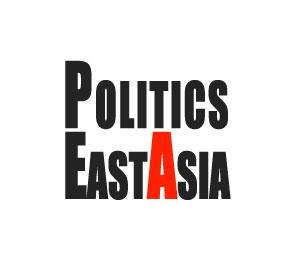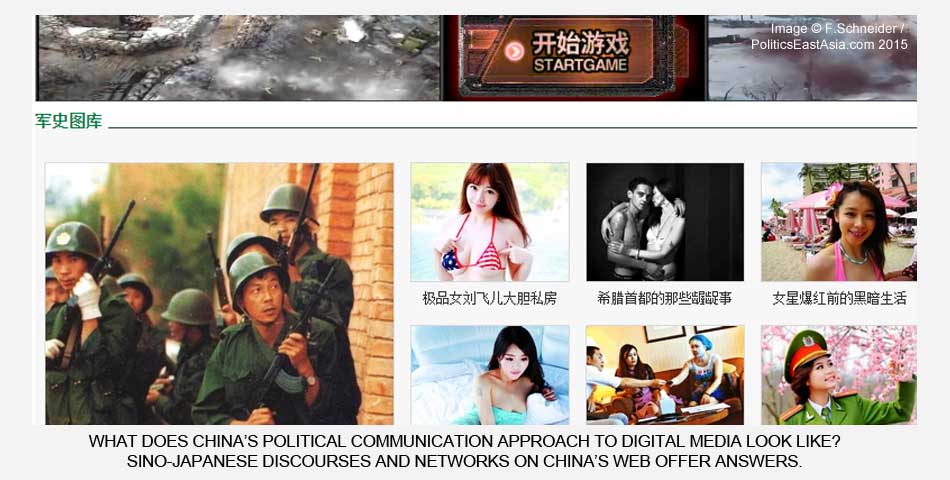China’s Info-Web
How Beijing governs online political communication about Japan
In digital China, networked actors ranging from state agencies to private Internet users engage in highly active online discourse. Yet as diverse as this discourse may be, political content on China’s web remains highly regulated, particularly on issues affecting the legitimacy of the ruling party.
The PRC’s authorities have long realized that control over communication is vital to a successful governance strategy, and they consequently deploy a sophisticated system of hard and soft controls to manage political discourse. This is true for cultural expressions that might constitute ‘ideological challenges’ to Chinese sovereignty or cultural identity, but it is particularly true for political issues such as current affairs or international relations topics – issues that, to the Chinese leadership, are often matters of national security. This importance that Chinese leaders attribute to political discourse raises the question of what strategies inform their attempts to assert sovereignty over digital communication. What does the CCP’s political communication approach to digital media look like?
To explore this issue, this article examines how a particularly important topic in Chinese politics is presented on China’s web: the relation between China and Japan. By examining two specific Sino-Japanese issues, it asks what Chinese websites and the digital networks they are embedded in can tell us about the way that different actors construct and manage such a crucial political discourse.
Combining content analysis and digital tools, the article shows how the authorities apply a Leninist mass-communication logic to the web, treating websites not as spaces for networked social interaction but as authoritative information sources that broadcast approved content to a mass audience, which effectively turns the internet into an ‘info-web’ and brings digital media into the fold of China’s ‘traditional’ mass-media system.
This research was made possible with the generous support of the Netherlands Organization for Scientific Research (NWO), through a VENI grant for the project ‘Digital Nationalism in China’ (grant 016.134.054).
How to reference this article
Schneider, Florian (2015), ‘China’s “Info-Web”: How Beijing Governs Online Political Communication about Japan’. New Media & Society, First View.
[button text=”Article via Sage Journals” link=”http://nms.sagepub.com/content/early/2015/08/20/1461444815600379?papetoc”]

